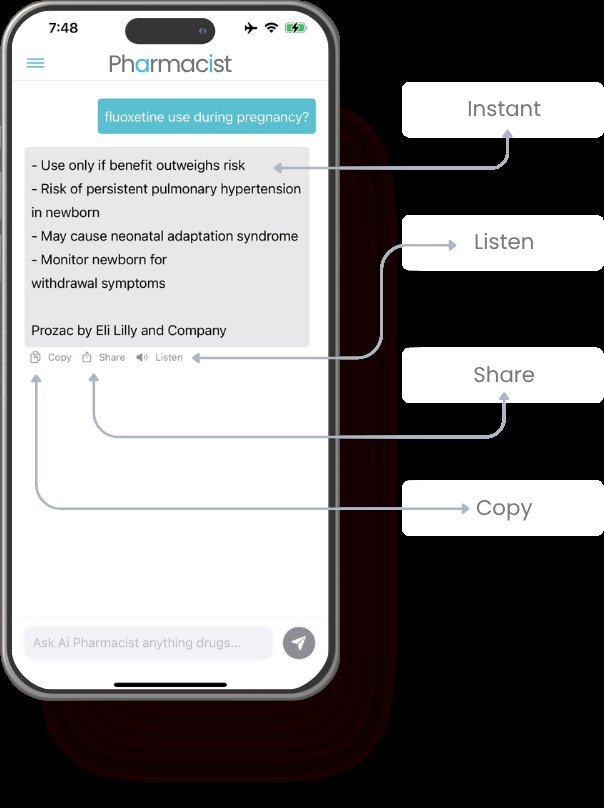DrGuide, an AI-powered pharmacist platform developed by UK practitioners, has debuted on web and mobile to provide instant, reliable answers for medication queries. It addresses the critical shortage of pharmacists worldwide and targets the WHO's finding that over 50% of avoidable patient harm stems from drug-related errors. This innovation aims to democratize access to expert advice and enhance drug safety for everyday users and clinicians alike.
In a world where medication errors cause immense preventable harm—over half of all avoidable health incidents, according to the World Health Organization—a new AI-driven solution is stepping in to bridge the gap. DrGuide, launched by a team of practicing pharmacists from the UK, is an artificial intelligence platform designed to deliver fast, trustworthy support for clinical decisions and simple explanations for everyday medicine use. Its core mission: to combat the stark reality that just 3 million pharmacists globally serve 8 billion people, leaving countless at risk of drug-related complications.

The AI Pharmacist acts as a 'personal pharmacist' for users, offering instant, precise answers to medication questions through its web interface and mobile apps. It leverages advanced AI to parse complex clinical data, providing evidence-based guidance that mimics the expertise of human professionals. This is critical in high-stakes scenarios, such as dosage calculations or interactions, where errors can have life-altering consequences. As one poignant line from the DrGuide team underscores: 'Only if there’s a better way to reduce drug harm'—highlighting the urgency behind this tech-driven intervention.
Early adoption metrics reveal promising traction: the platform has seen significant monthly growth in new web users, iOS and Android app installs, and AI-powered searches. This surge reflects a growing trust in AI for healthcare, though it also raises questions about accuracy, data privacy, and the balance between automation and human oversight. Developers should note the implications for the broader medtech landscape—DrGuide exemplifies how retrieval-augmented generation and similar AI techniques can revolutionize patient care by making specialized knowledge accessible and scalable.

Looking ahead, DrGuide plans to expand its capabilities by August 2025, with more features in development to enhance its reliability and user experience. For now, it stands as a testament to how AI can turn systemic healthcare shortfalls into opportunities for innovation, ensuring that no one has to face the preventable tragedy of a loved one harmed by a medication error. As this tool evolves, it could set new standards for AI ethics and efficacy in critical, life-dependent applications.
Source: DrGuide

Comments
Please log in or register to join the discussion